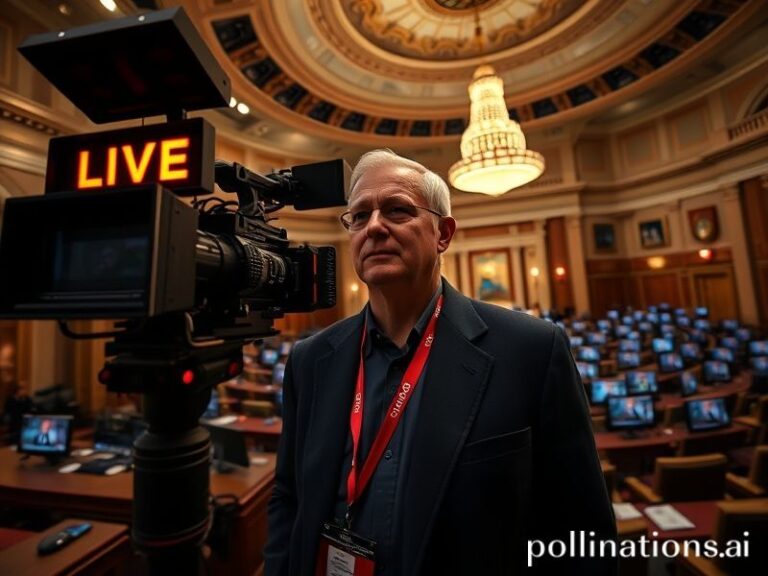Jaguar Land Rover Cyber Attack: When British Luxury Meets Global Digital Chaos
**The Empire Strikes Back… With a USB Stick: Jaguar Land Rover’s Cyber Attack and the Global Theater of Automotive Vulnerability**
In the grand chessboard of global geopolitics, where nations once moved tanks across borders, they now shuffle malware through fiber optic cables. The recent cyber attack on Jaguar Land Rover—Britain’s flagship automotive manufacturer—serves as yet another reminder that in our interconnected world, the battlefield has shifted from muddy trenches to pristine server rooms, where the only casualties are shareholder value and executive bonuses.
The incident, which JLR executives described with the customary corporate euphemism of “IT security matters,” reportedly compromised customer data across multiple continents. Because nothing says “luxury British engineering” quite like having your personal information auctioned off to the highest bidder in some dark corner of the internet.
From Shanghai to Silicon Valley, automotive executives are likely experiencing that familiar sensation of sphincter-tightening paranoia that accompanies any major cyber breach. It’s rather like watching your neighbor’s house burn down while remembering you left the stove on. The attack on JLR isn’t merely a British problem—it’s a global wake-up call delivered with the subtlety of a brick through a stained-glass window.
Consider the elegant irony: companies that spend billions perfecting the art of building increasingly complex machines are routinely humbled by teenagers with laptops and too much free time. The same industry that boasts about 0-60 times and torque specifications finds itself fundamentally unprepared for an enemy that doesn’t care about your horsepower figures or leather upholstery choices.
The international implications stretch like a Russian nesting doll of dysfunction. JLR, owned by India’s Tata Group, manufactures vehicles in Britain using parts from across Europe and software developed everywhere from Tel Aviv to Bangalore. When cyber attackers strike, they’re not just hitting a British company—they’re exploiting the digital arteries of global capitalism itself. It’s globalization’s Frankenstein moment: we’ve created a monster so interconnected that a sneeze in Solihull becomes pneumonia in São Paulo.
Meanwhile, governments worldwide are discovering that their industrial defense strategies are about as effective as using a chocolate teapot. The British National Cyber Security Centre, whose name alone suggests the bureaucratic optimism of naming your cat “Mouse-Catcher,” finds itself in the familiar position of closing stable doors after the digital horses have bolted.
The broader significance lies not in this specific breach, but in what it reveals about our collective cybersecurity delusions. We’ve built an economy where a company can track your car’s location, driving habits, and preferred temperature settings, yet can’t prevent Boris from Minsk from downloading your credit card details. The Internet of Things has become the Internet of Everything That’s Hackable.
For consumers worldwide, the message is clear: that luxury SUV you’re driving might have cost more than a small house, but its digital security is roughly equivalent to using “password123” for your banking. The modern automobile has become a smartphone with wheels—and about as secure as your teenager’s social media accounts.
As we accelerate toward an autonomous future where cars drive themselves while broadcasting our every movement, one wonders if we’ve collectively decided that privacy is simply too 20th-century a concept. Perhaps the hackers are merely ahead of the curve, pioneering the transparent society that our technology has made inevitable.
In the end, the JLR breach is less a catastrophe than a curriculum vitae entry in the long, humiliating education of humanity in the digital age. We’re all students now, learning that in the global village, there are no doors to lock—only firewalls to breach, data to steal, and the slow realization that our technological sophistication has far outpaced our wisdom.
Welcome to the future. Please ensure your personal data is securely fastened and your expectations are properly stowed in the overhead compartment.







